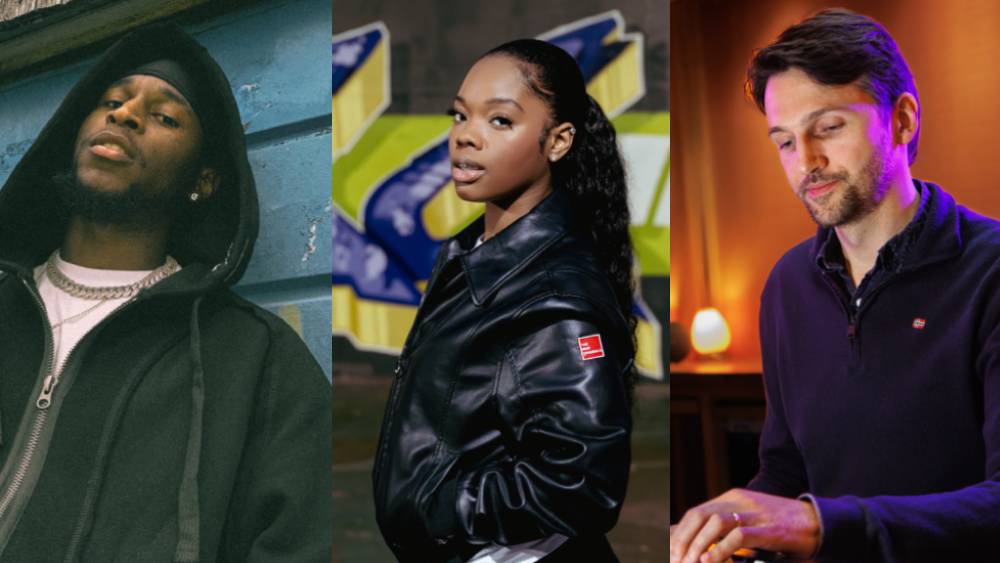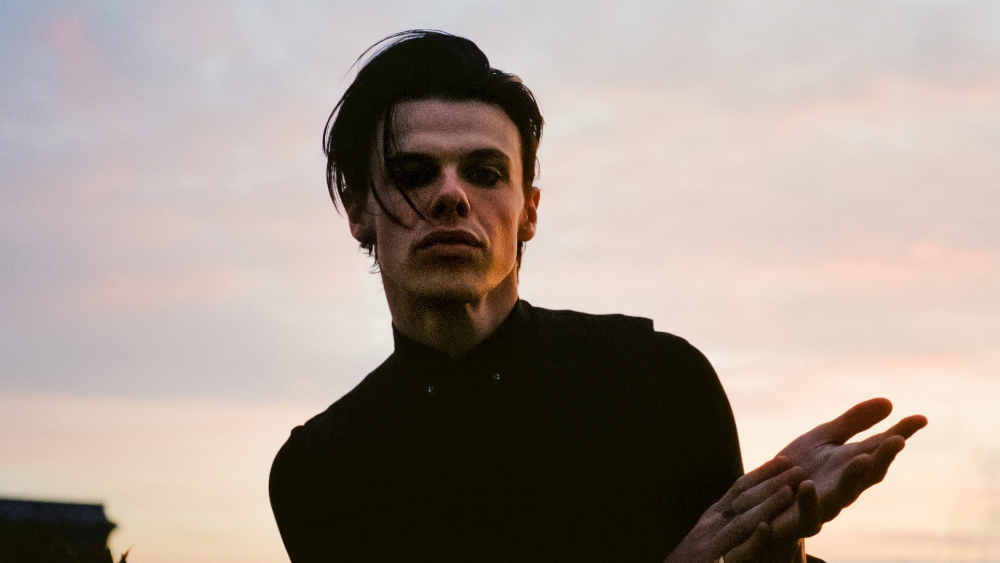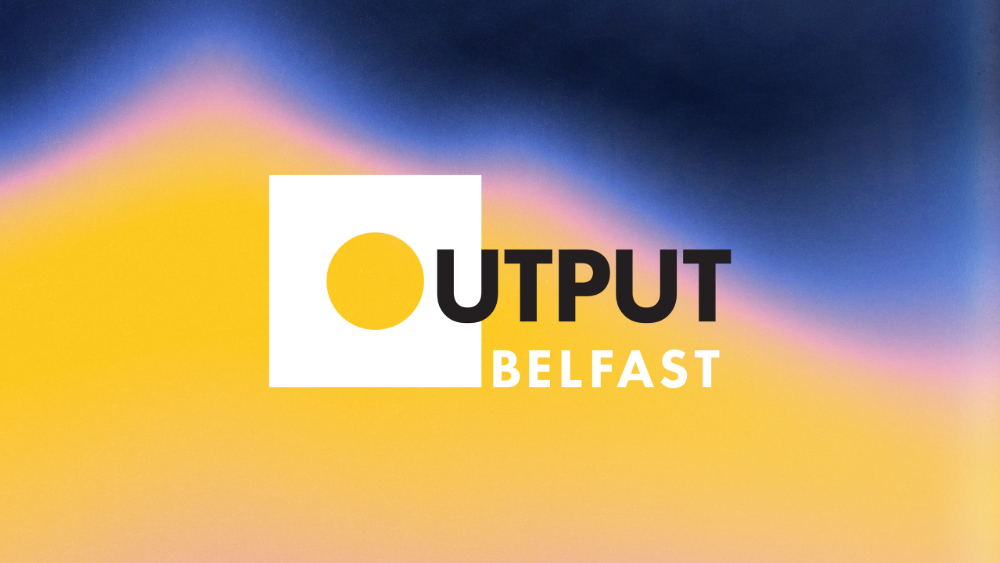Miranda Cooper couldn’t sleep after watching the reunited Girls Aloud perform live last year. As chief songwriter at Xenomania, the rebellious pop production collective overseen by Brian Higgins, Miranda was behind all 21 of the girlband’s UK top 10 singles. These innovative tracks shredded the pop rulebook, turning Girls Aloud into the biggest-selling girl group of the 21st century.
Seeing the scope of her work being performed back-to-back — from the riotous rockabilly of Love Machine to the shimmeringly pensive Call The Shots (written amid the breakdown of Miranda’s first marriage) — packed a punch. As did the added poignancy behind the comeback tour, which honoured Girls Aloud’s beloved fifth member Sarah Harding, who died from breast cancer in 2021. Indeed, when they opened with the soaring Untouchable, Miranda found its lyrics (‘Through wind and rain we got here / Now we’re flying, babe, with no fear’) almost prophetic.
'There’s so much more meaning now,' Miranda tells M. 'The songs were always packed with feelings, but now there’s another layer on top.'
Girls Aloud’s arena tour was the biggest-selling of its kind in 2024, typifying the recent resurgence in interest in the girlbands and boybands of the nineties and early noughties. Acts such as Sugababes (who played packed-out sets at Glastonbury in 2022 and 2024, and are now forging ahead with new music) and the now fully reunited Five are firmly back on the scene, while the recent BBC docuseries Boybands Forever rekindled a nostalgia for when the likes of Take That, 911 and Blue ruled the charts. A follow-up documentary, Girlbands Forever, will air later this year on the BBC.
'When you’re younger, everything has more importance — which is why boybands and girlbands have such longevity,' explains storied songwriter Wayne Hector (who, alongside Steve Mac, co-wrote seven of Westlife’s number one singles as well as chart-toppers for The Wanted and One Direction). 'It’s like how everybody remembers their teachers from school by name.'
'When you’re younger, everything has more importance — which is why boybands and girlbands have such longevity.' - Wayne Hector
Similar themes emerge when you ask the songwriting power behind the throne (or stools, in Westlife’s case) about the enduring appeal of these pop acts. One such explanation is the rose-tinted yearning for the optimistic hits of a pre-social media era, when pop felt like more of a collective experience, untethered from the discourse or streaming algorithms.
For Wayne, the key to the success of nineties boybands was finding universal themes which appealed to the masses. 'Everybody was doing approximately the same love songs, so it was about creating a sound that separated one band from everyone else. For Damage, that was R&B,’ he explains. ‘We were also writing songs that connected with joint experiences: for instance, Westlife’s Flying Without Wings was about our wives.'
As arguably the last boyband to sneak in through the door in 2000 before TV talent shows demystified the process, Blue and their accessible melodies offer a link back to a less cynical time. ‘When we came out, music wasn’t just about yourself — it was about providing escapism for your fans,’ Blue’s Lee Ryan tells M. ‘The hooks and melodies were bigger. Nowadays, everything is smaller and contained.’
Yet boybands can adapt to prevailing trends. By the time Wayne, Steve Mac and Ed Drewett devised The Wanted’s 2011 banger Glad You Came, the aim was for it to be played unironically in clubs. 'Most people are trying to write something credible,’ notes Wayne. ‘You want to be on the edge of what’s happening production-wise.'
Similarly, Blue’s high-street R&B — largely co-written with Norwegian hitmakers Stargate — didn’t frighten the CD:UK producers, yet was recherché enough to gain props from unexpected quarters. Lee recalls secretly working in his Acton-based studio with So Solid Crew: 'I was accepted into that rap culture because of my voice and Blue’s style of music. It was OK to like us. We weren’t Westlife. When we did Fly By II, sampling Biggie’s Hypnotize, it put us in a different place.'
The gold discs that adorn the walls of Sheffield songwriter Eliot Kennedy’s home are evidence of his status as a ‘hired gun’ for pop artists in the nineties and noughties. Although some of his evergreen hits, such as Five’s sole US top 10 hit When The Lights Go Out and Boyzone’s Picture Of You (which won him an Ivor Novello Award), were devised quickly and to a brief ('You have to be OK with removing the emotional aspect — you’re not necessarily making an artistic statement,' he says), the biggest songwriting lesson he learned was from co-writing the Spice Girls’ 1996 global smash Say You’ll Be There.
'We sat in a circle, and they’d throw out ideas that were personal to them and their vocabulary,’ he recalls about working with the group on the track. ‘It was like wrangling kittens, but it became about capturing that energy and honing it into something that felt like a song.'
Six years later, Girls Aloud’s debut single Sound Of The Underground, an NME-approved cocktail of surf guitar and drum’n’bass, defied expectations of what a reality show-formed girlband could achieve. It set the template for a succession of wildly inventive tracks like 2005’s Biology, which samples the riff from the Animals’ 1965 single Club-A-Go-Go and dispenses of the standard verse-chorus structure.
'Those songs sound fresh because they’re not of their time,' Miranda tells M. 'We were outsiders with a desire for artistry. These songs were made with love, care and freedom, which was born out of [Xenomania] being a family. We weren’t going in and doing one-day sessions — we were trying to be original. There’s a boldness and complexity there. This wasn’t a time of TikTok where you think, “We need to get to the chorus quickly in case anybody skips.”’
A1’s Ben Adams, who co-wrote the majority of the boyband’s eight top 10 singles, used to spend three weeks at a time working on music at a writing retreat with producer Mike Hedges. End products like the group's wistful, indie-hued 2002 hit Caught In The Middle justified that time and expense, but, as Ben notes, many of today’s pop artists simply don’t have that luxury.
'A lot of people I work with now could be number one in the charts, but they have to have another job as well,’ he explains. ‘A lot of songwriters and producers therefore take the approach of throwing as much shit at the wall and seeing what sticks. The world is so fast-paced and everybody’s writing on laptops, so it’s often done and dusted in one day. Is it a hit? No? Then it’s on to the next thing.'
'As songwriters, we were outsiders with a desire for artistry.' - Miranda Cooper
While that creative period of incubation isn’t a hallmark of today’s pop songwriting, there are some outliers. 'I’m delighted that there are now more artists like Lola Young and Charli xcx making albums with one producer or writing team,’ Miranda notes. ‘With that set-up you’re able to experiment, and there’s an intimacy and safety in that.'
Lyrically, Miranda's Girls Aloud songs strongly align with the kaleidoscopic world-building favoured by songwriters like Charli and Chappell Roan. 'I felt like I was writing a mission statement for the type of women we wanted to be, emphasising body positivity and sex positivity,’ she explains. ‘So there’s a freedom in seeing these women now on stage embodying those songs in a way that’s even more relevant than perhaps they were originally.’
That authenticity tallies with this current era of pop, which celebrates vulnerability, vivid personalities and the kind of boldness that was pioneered by the girlbands and boybands of the nineties and noughties.
'On paper, Girls Aloud singing Something Kinda Ooooh in their forties shouldn’t work — but it does,' Miranda says. ‘It's empowering. They’re being respected more now than they were back in the noughties, when it felt like they were having to prove themselves. Going into each album, we never knew if it would be the last as it felt like it could be taken away at any moment. But it can’t be taken away now — it’s legacy.
'There’s a connection between the on-stage authenticity of Girls Aloud and Sugababes with this exciting, colourful and personality-led time we’re in with pop. It’s women leaning into their vulnerabilities and messiness without smoke and mirrors, and that offers something to younger generations.'
This article features in the latest special edition of M Magazine.





